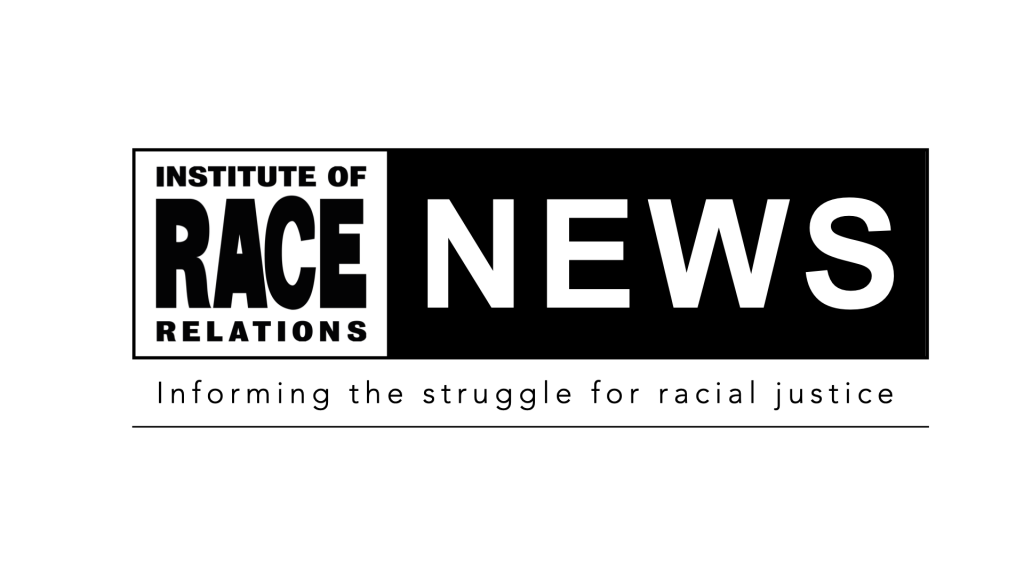22 September – 10 October 2023
Home Secretary Suella Braverman’s speech at the Conservative Party Conference last week has been widely criticised for decrying a ‘hurricane of mass immigration’, calling the Human Rights Act the ‘Criminal Rights Act’, demonising minorities and railing against so-called ‘gender ideology’. See our Calendar of Racism and Resistance for further developments, including her earlier attack on those seeking asylum on the basis of their sexuality. In her speech, Braverman claimed to stand with ‘the hard-working commonsense majority against the few … the privileged woke minority, with their luxury beliefs’.
But what does this ambiguous, catch-all term ‘woke’ actually mean, and how has it become central to the UK’s political discourse today? Now in print in the October 2023 issue of Race & Class, ‘An anatomy of the British War on Woke’ by sociologists Huw C. Davies and Sheena E. MacRae, could not be more timely. The authors map out how an intensive ideological campaign against social justice movements is mobilising far-right tropes and conspiracy theories within mainstream British political discourse, revealing how motifs such as ‘cultural marxism’, ‘critical race theory’ and ‘woke ideology’ are being used to target progressive politics.
Accompanying this article in the October issue is an analysis of the 2022 Conservative leadership campaign, of ethnic minority candidates who were also considered the most right-wing of the senior leadership. The authors (Rima Saini, Michael Bankole and Neema Begum) through critical discourse analysis of narratives related to race, borders, immigration and the ‘nation’ by contenders Rishi Sunak, Sajid Javid, Nadhim Zahawi, Suella Braverman and Kemi Badenoch position them as ethnic minority post-racial gatekeepers, intensifying a trend within the Conservative Party of legitimising the racial status quo through nominal ethnic minority representation. Read both articles, along with the rest of the October issue online, or order a physical copy for £6.
If IRR News readers need an antidote to political grandstanding, teacher and poet Sam Berkson’s review of Chris Searle’s autobiography The World Is in our Words will bring welcome relief. Berkson explores how Searle incorporates the words and visions of many, whilst telling the story of his teaching, writing and anti-racist mobilisations as a school headteacher in Sheffield, where he established one of the first non-exclusion policies thirty years ago.

